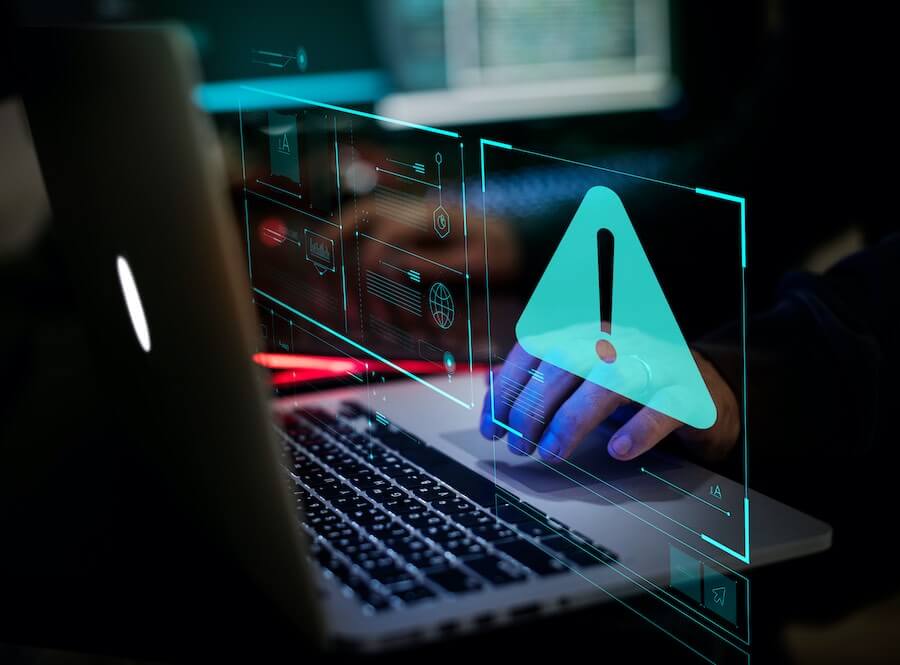Apr 09
Fraud in the midst of the crisis
April 09, 2020
 Hackers have taken advantage of the coronavirus (COVID-19) pandemic emergency coming up with new ways to commit fraud against businesses.
For example, new schemes have been identified in which scammers pose as representatives of the Federal Small Business Administration (SBA)—the agency in charge of handling assistance and loans through the Coronavirus Aid, Relief, and Economic Security Act (CARES Act).
Here are some recommendations to protect you and your business:
Hackers have taken advantage of the coronavirus (COVID-19) pandemic emergency coming up with new ways to commit fraud against businesses.
For example, new schemes have been identified in which scammers pose as representatives of the Federal Small Business Administration (SBA)—the agency in charge of handling assistance and loans through the Coronavirus Aid, Relief, and Economic Security Act (CARES Act).
Here are some recommendations to protect you and your business:
- The SBA will not contact business owners directly and have them apply for financial assistance. Loans under the CARES Act will be channeled through financial institutions; their bank representatives will contact business owners to begin the application process, not an SBA employee. You should suspect possible fraud if you receive a communication from someone identifying themselves as an SBA representative and they ask you to apply for a loan under the CARES Act or any other financing option.
- You should suspect fraud if someone calls you with a promise that you will get approved for an SBA loan if you make a payment in advance.
- You must be alert to phishing attacks via emails bearing the logo of the SBA or other financial institutions. These are attempts to obtain your personal information, such as accesses to your financial tools, or may install ransomware or malware on your computer, among other things. To find out how to identify a possible phishing email, go to our Fraud Security Center here.
- Look closely at emails from your financial institution or from the SBA. The SBA’s emails should come from an address ending in @sba.govand Banco Popular's emails will come from @popular.com. If the sender’s address on the email ends as mentioned above but also contains many signs and numbers, do not open it; it could be a fraudulent email.
- The presence of an SBA logo or a logo of your financial institution on a webpage does not guarantee that the information featured in it is real or endorsed by the institution. Double-check the information on official pages like sba.gov or popular.com. You must make sure that the pages have a lock icon present in the browser’s search bar; this ensures that the page is secure.

or
 6. When in doubt, always ask. If you have any questions about SBA loans, please contact your Relationship Officer or call our Business Banking Center at 787-756-3939. You can also call SBA directly at 800-827-5722 or send an email to: answerdesk@sba.gov.
If you want to learn more on how to protect your business against fraud, go to our Security Center here.
This article is for informational purposes only and does not constitute an endorsement or guarantee of accuracy or applicability for any particular purpose. Neither Popular nor any of its affiliates, subsidiaries, or related companies shall be liable for any special, direct, or indirect harm stemming from the information contained in this article. Should you require further information or guidance on the subject of this article, you should always seek the advice of a competent professional of your choice.
6. When in doubt, always ask. If you have any questions about SBA loans, please contact your Relationship Officer or call our Business Banking Center at 787-756-3939. You can also call SBA directly at 800-827-5722 or send an email to: answerdesk@sba.gov.
If you want to learn more on how to protect your business against fraud, go to our Security Center here.
This article is for informational purposes only and does not constitute an endorsement or guarantee of accuracy or applicability for any particular purpose. Neither Popular nor any of its affiliates, subsidiaries, or related companies shall be liable for any special, direct, or indirect harm stemming from the information contained in this article. Should you require further information or guidance on the subject of this article, you should always seek the advice of a competent professional of your choice.


